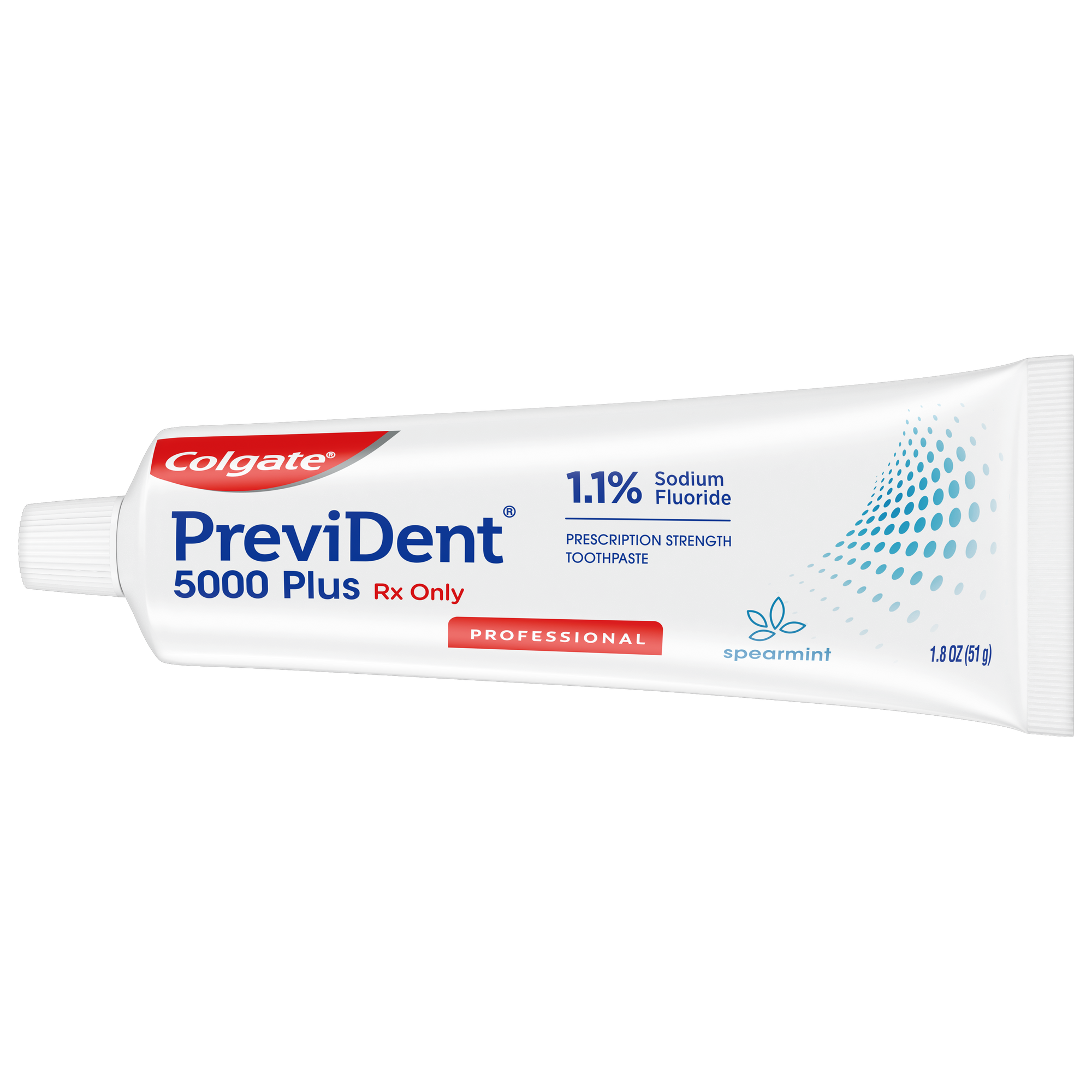What Is a Cold Sore?
A cold sore is a painful blister, also called a “fever blister,” that usually surfaces on your lips, and sometimes on the skin around your lips. They can appear individually or in groups of up to 10. The infection can be painful, and while most people don’t get sick, it can leave some patients feeling ill for a few days.
Cold sores are caused by the herpesvirus Type 1 or Type 2, and the virus can be manipulated by different types of foods. They’re also open sores, which makes them susceptible to aggravation and irritation from some food types.
So which foods should you eat, and which should you avoid? Let’s go over it.
Foods That Increase the Severity of Cold Sores
The herpes simplex virus, the cause of cold sores, requires arginine (an amino acid) to replicate and thrive in your body. Depriving the virus of arginine can reduce the duration and severity of an outbreak. Therefore, you’ll want to avoid foods containing large amounts of arginine. These include flaxseeds, chocolate, spinach, whole grains, almonds, peanuts, hazelnuts, and walnuts. Avoid these foods completely when you feel the first few symptoms of a cold sore.
Foods That Decrease the Severity of Cold Sores
Just as some foods promote arginine, other foods block it, stopping the virus from replicating. Foods rich in lysine (another amino acid) are especially effective at blocking arginine. These foods include vegetables (just not spinach), legumes, milk, cheese, and fish. All those are helpful in strengthening your immune system and preventing cold sores.
5 Foods That Agitate Cold Sores
Cold sores are open sores, so any food going into your mouth can come into contact with the sores and cause you pain. To keep that from happening, here are some foods to avoid.
- Citrus fruits, like oranges and grapefruits, contain acid which can cause a burning sensation on contact with a cold sore blister. Instead, choose something like bananas, grapes, or cucumbers to get your daily fruit or vegetable intake.
- Pickles contain vinegar, another acidic substance that can irritate or sting cold sore blisters.
- Curry. And realistically, spicy foods in general. If you love spicy foods, sorry, but you’ll probably want to steer clear of them while dealing with a cold sore outbreak. A highly spiced meal can irritate the entire area in or around your mouth. Instead, try a mild casserole or stew and mashed potatoes for your main meal.
- Pizza. Yes, pizza. That’s because during the later stages of a cold sore, the blisters and scabs are vulnerable to splitting open if you stretch your mouth open too wide. That may take pizza off the dinner menu. If you're really craving a slice, try cutting up the pizza into small bite-size sections and eating it with a fork instead of using your hands.
- Salted peanuts and chips. Much like acidic foods, salty foods can cause a burning sensation on contact with a cold sore. Hold off on snacks such as salted peanuts and chips until after your sore has healed. If you need to nibble, try unsalted nuts, raisins, or dried coconut.
Other foods to consider eating during an outbreak include cold foods, vegetable juices, and warm soups. They’ll satisfy your hunger without aggravating the sore.
Home Remedies That Help With Cold Sores Symptoms
In addition to modifying your diet to avoid irritating a cold sore, you can try one or more home remedies for cold sore relief. The American Dental Association (ADA) offers several tips:
- When you first feel that tingling sensation signaling a cold sore is on its way, apply an antiviral ointment to reduce the duration of the outbreak (either a prescription ointment from your physician or an over-the-counter product).
- When the cold sore arrives, apply a non-prescription ointment or gel for pain relief, following the instructions on the label.
- Wrap ice cubes in a soft, clean cloth and hold them against the cold sore, or suck on ice cubes.
- Wet a towel with cold water and hold it against the sore for five to 10 minutes several times a day.
- Gently spread petroleum jelly over the cold sore and surrounding area to prevent sore, dry, cracked skin.
- Take an over-the-counter painkiller, such as acetaminophen or ibuprofen.
Cold Sore Treatment
According to the Mayo Clinic, most cold sores heal without treatment within two to four weeks. However, your dentist may recommend one of several antiviral medications, including acyclovir or valacyclovir, to speed up the healing process. If your cold sore outbreak is severe, they may recommend an injection of an antiviral drug.
Cold sores are a reality for a large portion of the population, but that doesn't mean you have to go through more than the minimum discomfort and inconvenience. Eat foods that may decrease the severity of the cold sore and avoid foods that exacerbate your symptoms.
Beyond that, try some home remedies to help you tolerate the cold sore until it heals. Lastly, if you're concerned the outbreak is more severe than usual, ask your dentist or physician about prescription cold sore treatments.
Oral Care Center articles are reviewed by an oral health medical professional. This information is for educational purposes only. This content is not intended to be a substitute for professional medical advice, diagnosis or treatment. Always seek the advice of your dentist, physician or other qualified healthcare provider.
ORAL HEALTH QUIZ
What's behind your smile?
Take our Oral Health assessment to get the most from your oral care routine
ORAL HEALTH QUIZ
What's behind your smile?
Take our Oral Health assessment to get the most from your oral care routine















